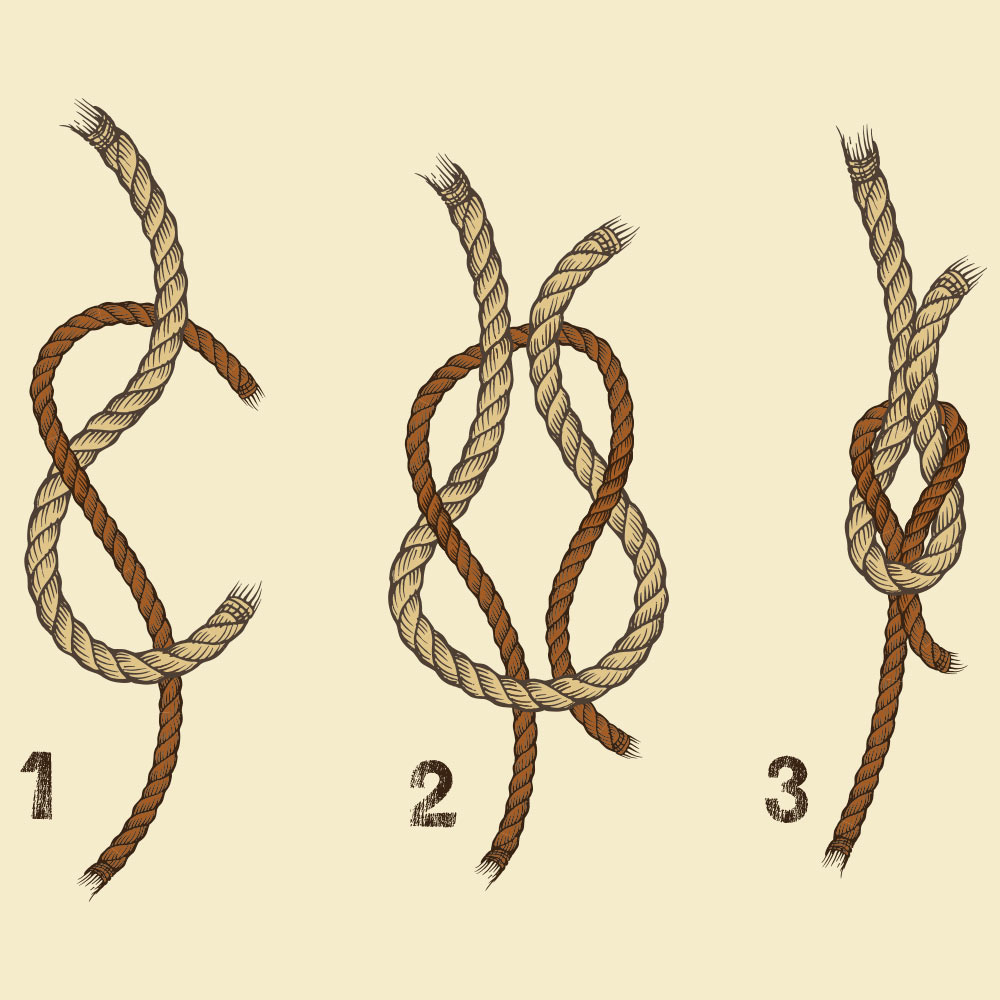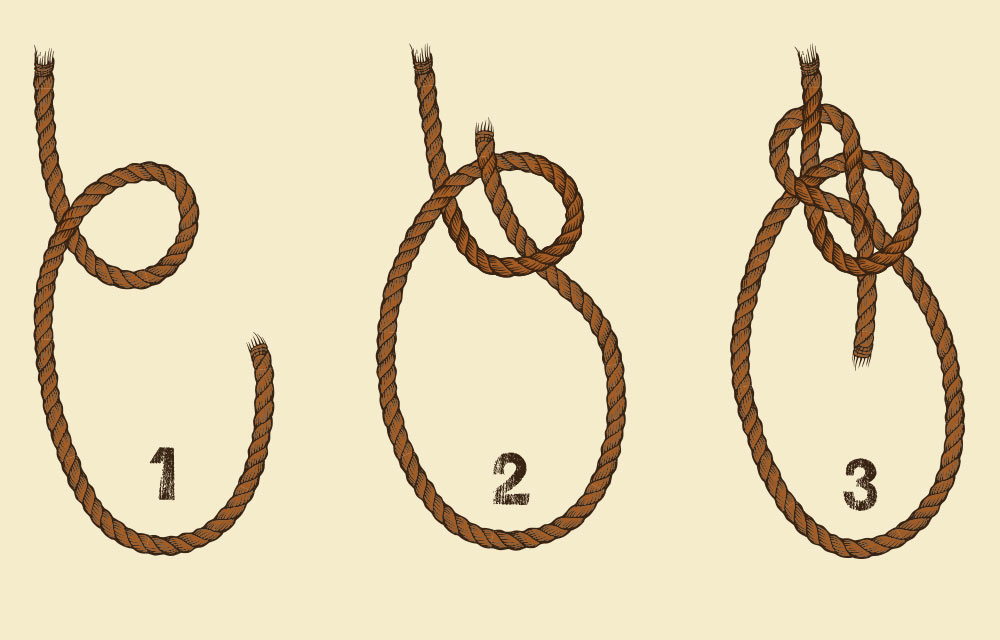Vehicles of the sea
It would not have been possible for people to inhabit the Archipelago Sea without boats. Here, as in archipelagos in general, boats have made it possible for people to move around and make a living. Boats were used for fishing trips to the outer archipelago and for friendly visits to the neighbouring island. Also the trip to the herring market in Turku was travelled on a boat, nowadays you can ride a bicycle there if you like. There were different boats for different purposes. Big boats were needed for example to take cattle to graze from one island to another whereas small boats were necessary because they could be handled by one person alone.
Before the arrival of engines boats were moved by sails and rowing. Once you could only sail in tailwind and in the event of headwind, it was necessary to row instead. Progress was therefore very slow. Since then boats developed and it became possible to tack the wind. But a bigger change in the field of boating happened in the beginning of 20th century when motors became available. With the help of a motor travelling is speedy no matter the wind direction. This was a major change in the lives of islanders. It was no longer necessary to stay for weeks on fishing trips when you could travel quickly back home for a night’s rest.
Although a distance can be covered in a blink of an eye with a motorboat, it is better for the environment to maintain a reasonable pace. Loud noises and rough waves disturb both people and animals, like nesting waterfowl. Beneath the surface strong backwash disturbs also plants that enjoy calm waters and fishes who relax among the plants. Slow pace is also better for enjoying the scenery and consumes less fuel.
Assignment:
It is important for a seafarer to know different kind of knots. Learn to make the knots on the sign.


Can you find the maypole?
Did you know that there is a specific dialect in Houtskär? In Houtskär dialect the village Hyppeis is called ”Höpös” and Saverkeit ”Saartjet”. Björkö is ”Bjötje” and Mossala ”Måssäl”.

